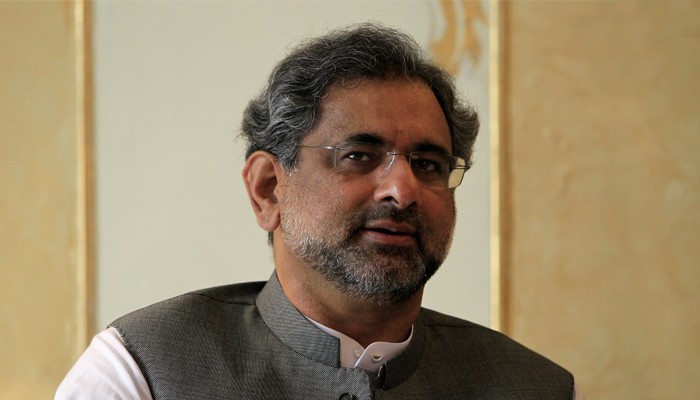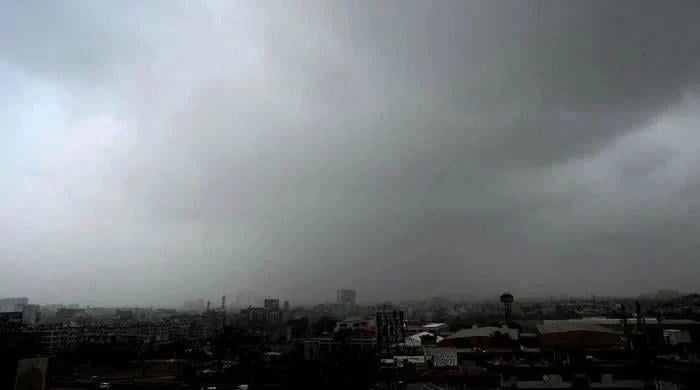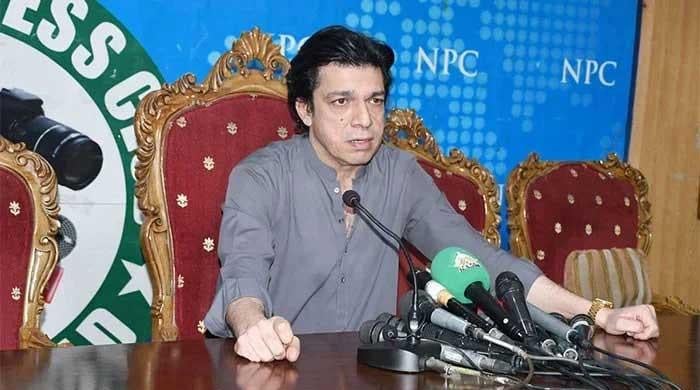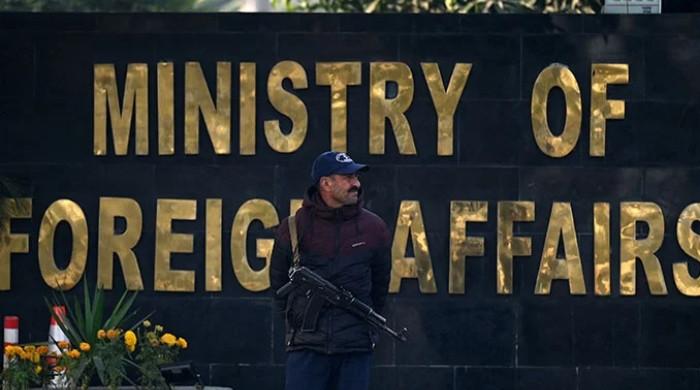Why is PM Abbasi's visit to New York so important?
The premier's UNGA speech will also coincide with US President Donald Trump's maiden speech at the UN — despite the two being at least a day apart
September 19, 2017
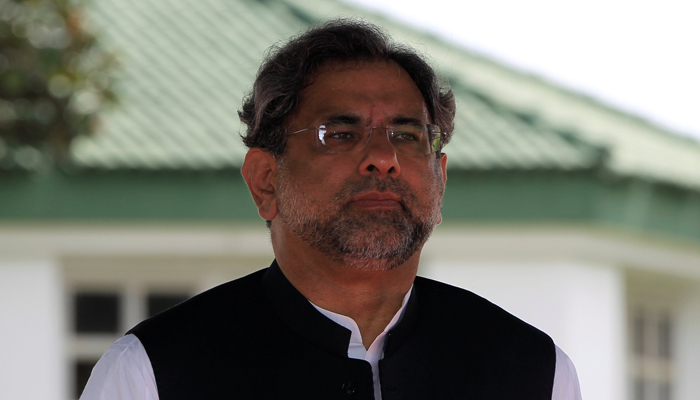
Prime Minister Shahid Khaqan Abbasi touched down in New York late Monday night to hosts Aizaz Chaudhry and Maleeha Lodhi — Pakistan's Ambassadors to the United States and United Nations, respectively — welcoming him at the John F Kennedy International Airport.
Abbasi — who is in the US on a high-level state visit — will be leading the Pakistani delegation to the United Nations General Assembly's (UNGA) 72nd session, where he will make an address on September 21.
The premier's UNGA speech will also coincide with US President Donald Trump's maiden speech at the UN — despite the two being at least a day apart.
According to Pakistani diplomats, Abbasi's tour to the US constitutes bringing to the limelight various important matters, including the Kashmir dispute, Rohingya crisis in Myanmar, and the Afghan conflict.
World leaders and UN, US officials
During a briefing to journalists, Lodhi said nine bilateral meetings — including one with US Vice President Mike Pence, since the US "want[s] to re-engage with Pakistan" — have been confirmed, but more could also take place as the PM's visit continues.
Abbasi is to also hold talks with UN Secretary-General Antonio Guterres as well as former US Secretary of State Henry Kissinger.
In addition, the premier is scheduled to meet Turkish President Recep Tayyip Erdogan, Iranian President Hassan Rouhani, Afghan President Ashraf Ghani, Sri Lankan President Maithripala Sirisena, King Abdullah II of Jordan, British Prime Minister Theresa May, and Nepalese Prime Minister Sher Bahadur Deuba.
'Crimes against humanity'
Over 100 heads of state have signed up for the high-level debate that begins Tuesday and is forecasted to define the international response to the many ongoing global challenges, such as strategic conflicts, hunger, poverty, refugee crises, terrorism, and climate change.
The UNGA — in addition to the 173 items on its agenda — inscribed on Friday a new one, stating: "The responsibility to protect and the prevention of genocide, war crimes, ethnic cleansing, and crimes against humanity."
Extraordinary security arrangements have been put in place in around the UN's New York headquarters ahead of the session. The US is traditionally the second speaker on the opening day of the General Debate after Brazil.
Abbasi in his Thursday address will outline Pakistan's positions on key international, political, social, and development issues, which are of crucial importance to the country.
The Pence-Abbasi dialogue
According to informed sources, a dialogue between Pence and Abbasi is set to take place on Tuesday. The meeting comes in the wake of Trump unveiling his administration's policy on Afghanistan and South Asia earlier this month.
The policy laid special emphasis on kinetic operations to subdue the Taliban insurgency in Afghanistan, envisions a greater role for India in Afghanistan, and the overall regional security. The American president also lambasted Pakistan for offering safe havens to "agents of chaos".
Responding to questions, Chaudhry said the US has its own views about Afghanistan and Pakistan has its own position. "We will see how it goes," he added.
Elaborating on Chaudhry's statement, Lodhi said Pakistan's policies — based on the country's national interest — are framed in Islamabad and not in Washington. She said that it had been the country's consistent position that peace be restored only through a negotiated settlement.
The Rohingya crisis
Ahead of the session, Guterres highlighted the grave situation confronting the mass genocide going on against the persecuted Rohingya Muslim community in Myanmar.
The UN chief urged that Muslims from the country's Rakhine state be granted nationality or, at least, a legal status to allow them to lead a normal life, while also pushing the international community to help offer assistance for the nearly 400,000 people who have fled into Bangladesh.
"I call on the Myanmar authorities to suspend military action, end the violence, uphold the rule of law, and recognize the right of return of all those who had to leave the country," the Secretary-General said in his first press conference since the opening of the Assembly's 72nd session.
Guterres repeated his call for "an effective action plan" to address the root causes of the situation, which he said had been left to fester for decades, have now escalated beyond Myanmar's borders, and are destabilizing the region.
Secondary level meetings
Over the UNGA session's course, various ministerial-level meetings of regional and sub-regional organizations will be held.
Some of these include Organisation of Islamic Cooperation (OIC), Non-Aligned Movement (NAM), Group of 77 (G-77), Economic Cooperation Organization (ECO), South Asian Association for Regional Cooperation (SAARC), the Commonwealth of Nations, and D-8 Organization for Economic Cooperation (D-8).
A meeting of the OIC Contact Group on Jammu and Kashmir is also part of the schedule.
The Pakistan Foreign Office — in a statement issued earlier — underscored the state's advocacy of multilateralism and the UN's to promote collective responses to the multifaceted challenges of global peace, security, and development.
The statement said Pakistan would continue its constructive role and engagement at the UN, with a view to protecting and promoting its national interests, including core issues, such as Jammu and Kashmir, reform of the United Nations Security Council (UNSC), counter-terrorism, human rights, peacekeeping, and a host of development and other matters.
—Edited by Haseem uz Zaman
